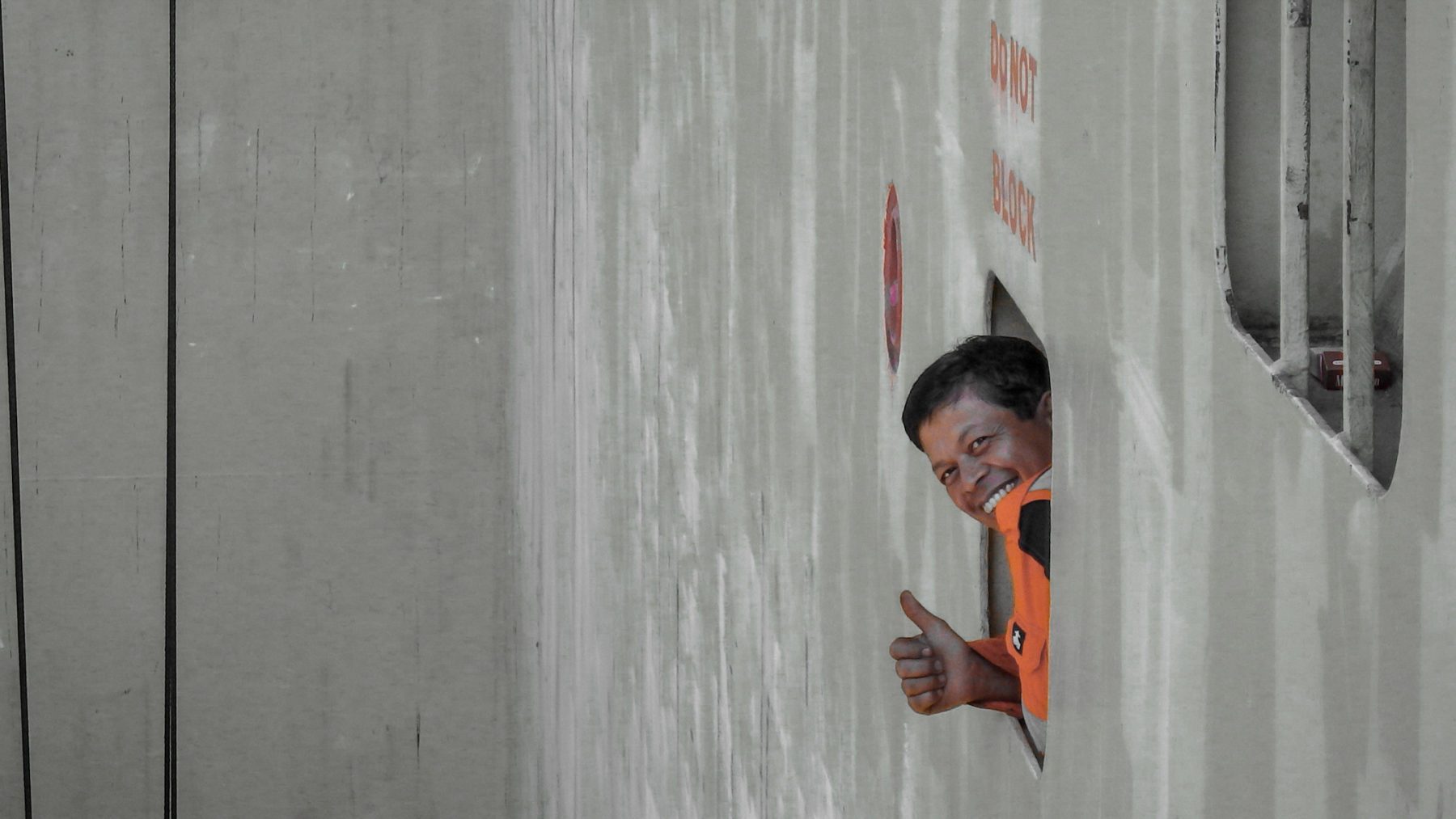
Human Rights
By respecting human rights, we shall: not infringe on the human rights of others, address adverse human rights impacts and, ensure measures to prevent, mitigate and remediate such impacts.
Learn moreEvaluating and managing risks is a crucial aspect of our operations, and over the years, we have integrated new areas into our risk handling.
The maritime industry follows many rules to ensure safety, protect the environment, and maintain standards for ships and equipment. We also have guidelines for waste disposal, responding to oil pollution, and training and certifying seafarers. We report to public authorities and financial partners, and are inspected by local, national, and international authorities.
We use a standardized process and digital tools to manage ship operation risks, aiming to prevent incidents and add value. Our drills, Emergency Preparedness Team, and digital response tool ensure swift incident management.
Grieg Green uses detailed planning and local supervision to minimise accidents at ship recycling yards. They prioritise ethical standards, safety procedures, proper equipment, and environment-friendly hazardous waste disposal.
Upcoming carbon regulations may harm our industry, prompting investments in emission reduction and new propulsion. Uncertainty looms over permits and emission-free fuel. Our customers and financiers demand carbon footprint reduction per IMO and EU Fit for 55 rules.
We manage finance and market risks through long-term cargo contracts, limiting exposure to currency and interest rate risks. We assess counterparty and credit risk, comply with regulations, and fight corruption with control systems and online verification.
We’re protecting ourselves from cyber-attacks by moving to the cloud, introducing 24/7 security services, educating employees on phishing, and conducting drills with a Cyber Emergency Response Team.
The Norwegian Transparency Act promotes enterprises’ respect for human rights and decent working conditions. We have identified risks and shared them on our website.